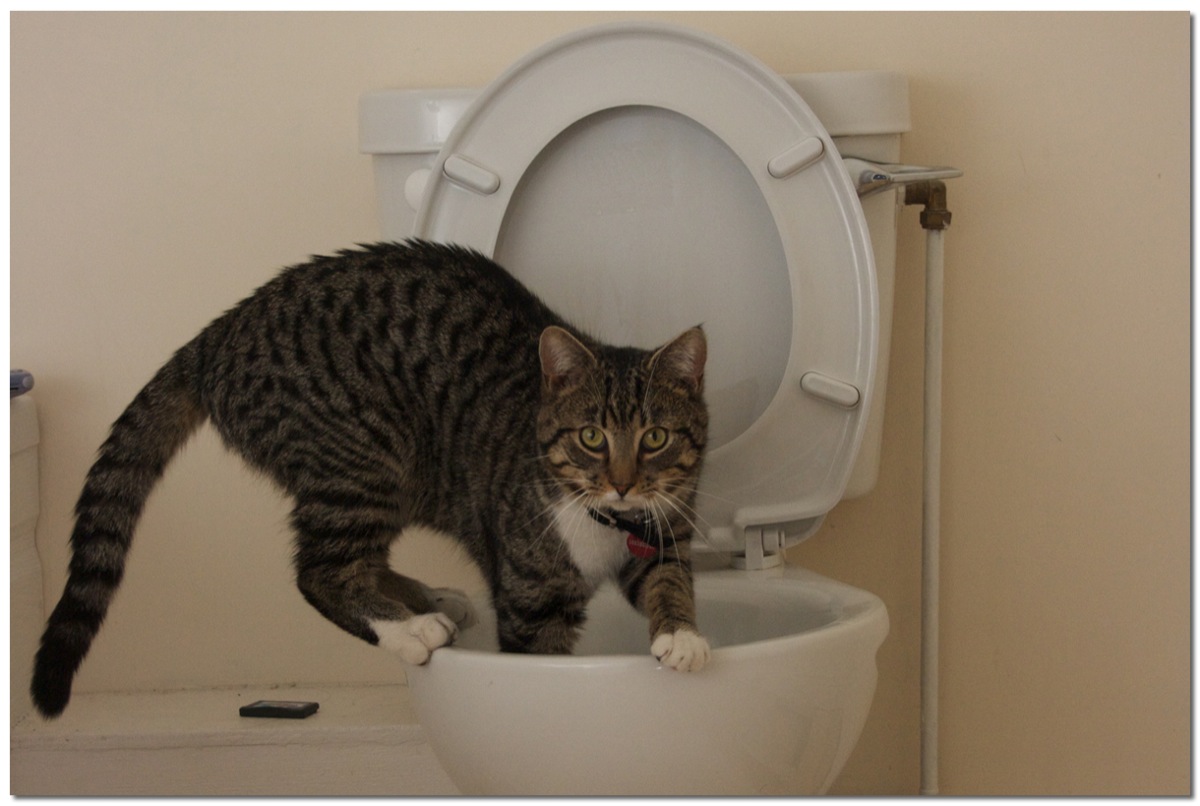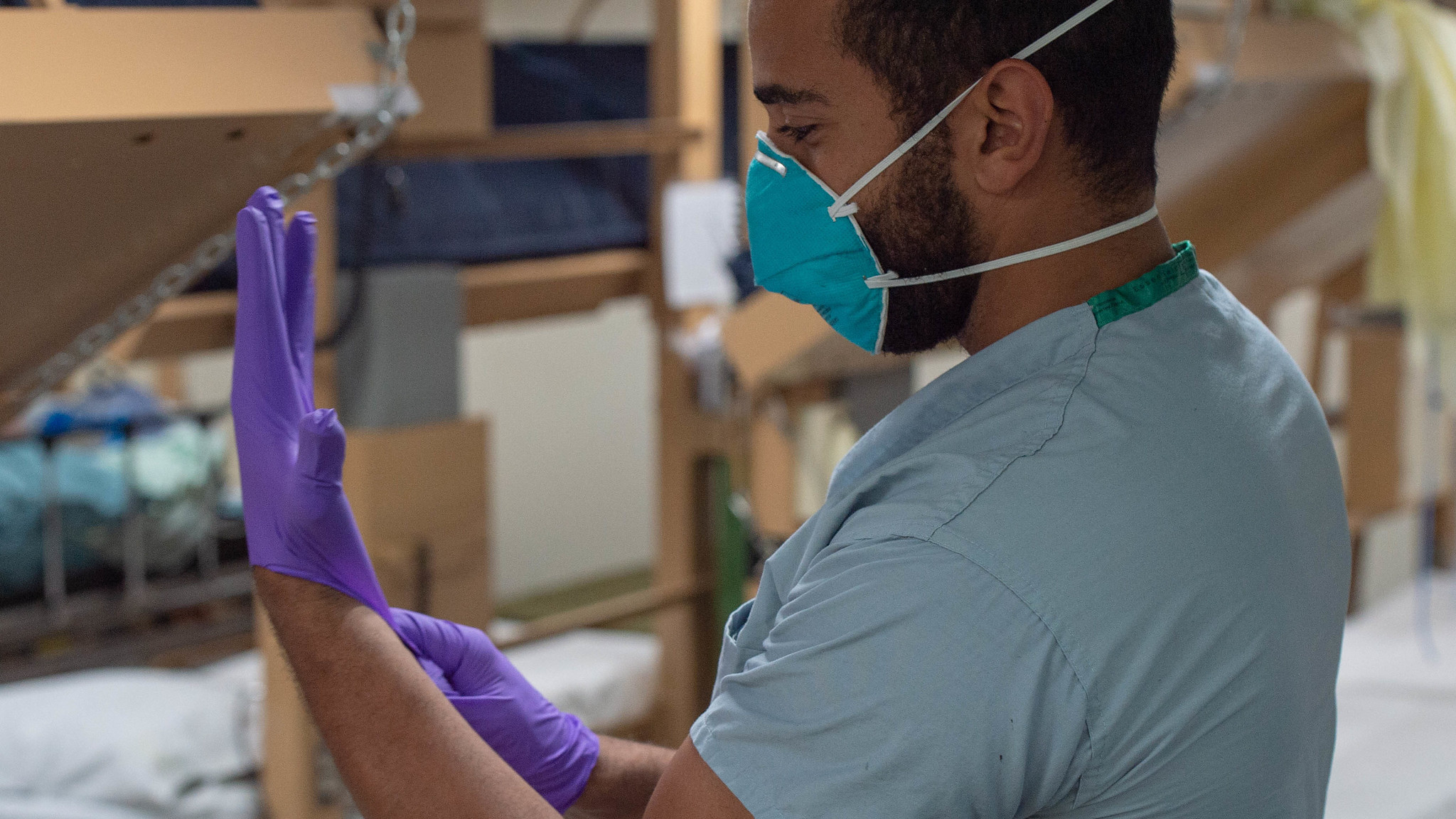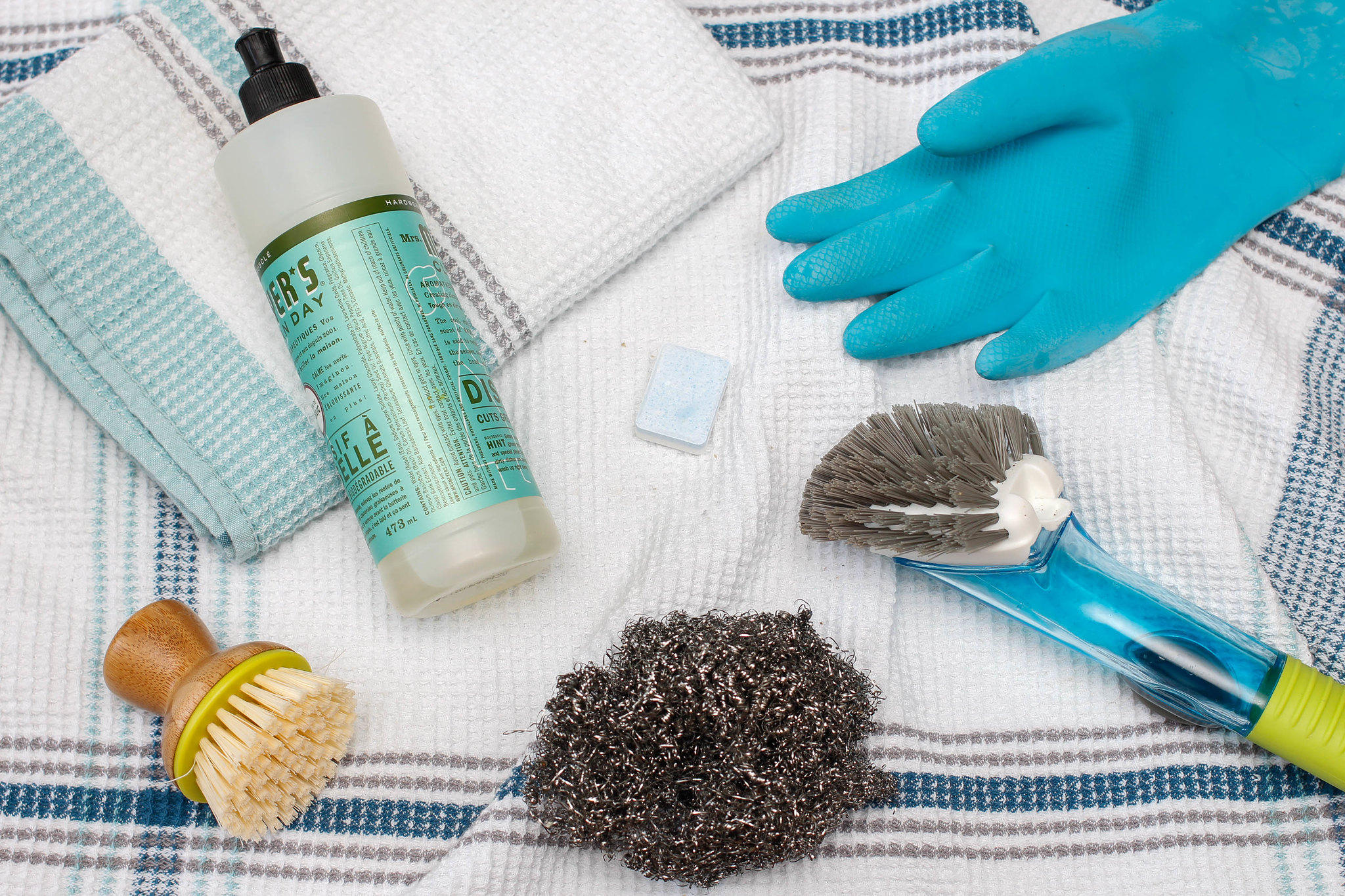Bad advice: which “microbial” life hacks make things worse
Hippocrates bequeathed: “It is easier to prevent a disease than to treat it.” There is no doubt about the truth of this statement. It’s just that everyone’s methods of protecting themselves from pathogens are different. Some of them are effective, others are useless, and others can also cause harm to the body. Today I will talk about eight “life hacks” that fall specifically into the latter category.
The content of the article
Using antibacterial soap
It is believed to be more effective. This myth is a consequence of a marketing ploy. Manufacturers simply added a little antibiotic to the usual remedy and started making money from it.
In fact, all types of soap are equally good, since its task is not to kill, but to wash away germs from the skin. Well, to increase the effectiveness of this product, you should simply dry your hands with disposable paper towels.
Disinfection with alcohol
It is understood that all alcohol-containing substances are capable of destroying pathogens. But that's not true.

Only solutions containing at least 60% alcohol can cope with this task. And even then, they are useful only for external use. But the effectiveness of “100 grams for prevention” has been repeatedly refuted.
Five Second Rule
It is believed that when two surfaces come into contact, viruses and bacteria cannot immediately transfer from a dirty object to a clean one. Therefore, for example, a spoon that has lain on the floor for less than five seconds is considered clean.
In practice, everything is completely different. Microorganisms, like street dirt, stick to an object instantly.
Cover the toilet seat
When going to a public toilet, many people prefer to play it safe by covering the rim of the plumbing fixture with a disposable paper napkin (so that no infection gets in).

This measure is only effective as protection against visible contamination. As for microbes, paper, especially wet paper, is not a serious barrier for them.
Interesting fact: Since the toilet is considered a source of infection, it is disinfected more often and more thoroughly than, for example, faucet handles or a washbasin. The result is logical: the seat can be several times cleaner than other surfaces in the toilet, which many people touch without fear.
Using a Clothing Sleeve to Close a Door
Such an attempt to protect against viruses and bacteria is not effective, since the fabric is not a serious barrier to them. Depending on the density of the material, microbes can settle on it or penetrate through it onto the body. And it is impossible to completely eliminate contact of the used part of the sleeve with open areas of skin.
Pressing an elevator button with a knuckle

It is believed that we rarely touch our face with this part of the body, so this trick reduces the risk of infection by microorganisms. To refute this myth, it is enough to remember what position the brush is in when it is used to wipe, for example, an itchy eye. And in fact, microorganisms also know how to move.
Holding your breath when someone sneezes or coughs
The measure is ineffective, since the sprayed secretions with microbes can settle on clothing or skin, from where over time they make their way to the mucous membranes of the body. Therefore, it is better to pay more attention to maintaining personal hygiene rules.
Frequent wearing of gloves
Disposable nitrile gloves serve as a reliable barrier through which not a single microorganism can get through. But they should be used correctly, excluding long-term wearing.

The whole point is that products that fit tightly to the palm contribute to the accumulation of moisture secreted by the sweat glands. And this is an ideal breeding ground for microbes trapped under the glove. In addition, water, combined with a lack of air exchange, causes the outer layer of the skin to soften. This is a weakening of its barrier functions. Therefore, one of the tragic consequences of constantly wearing gloves can be an inflammatory process.
It is not difficult to avoid such troubles. To do this, you just need to use gloves as needed and refuse the temptation to wear your old pair.





